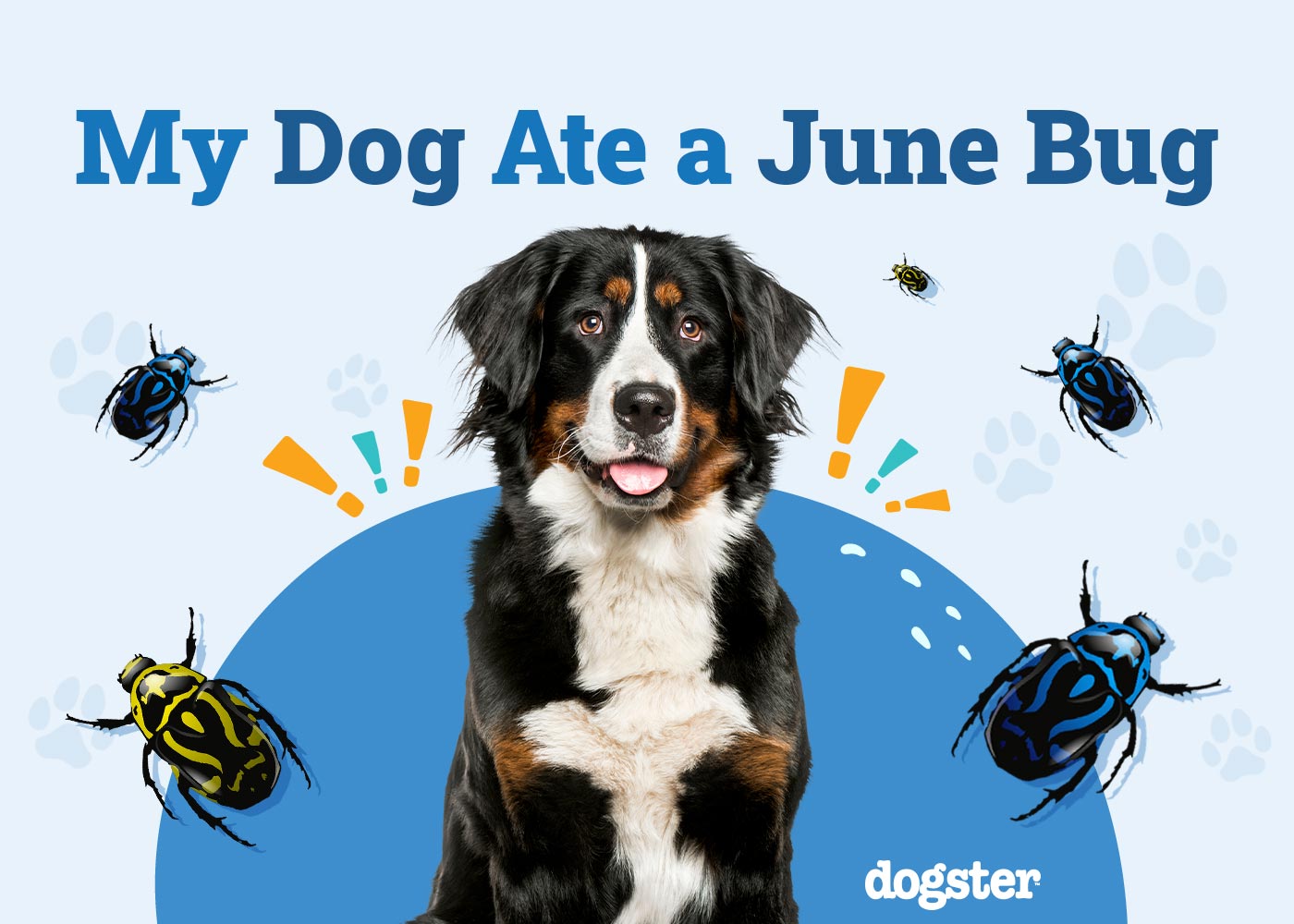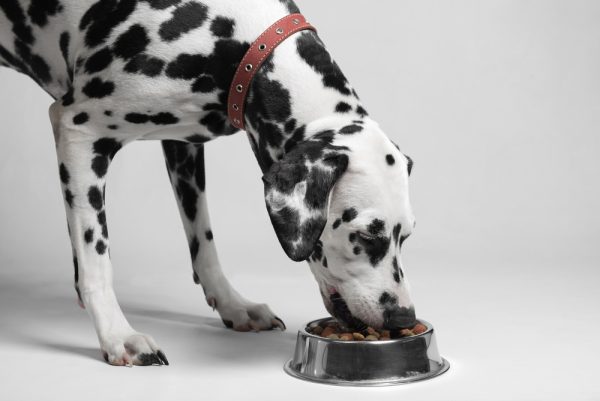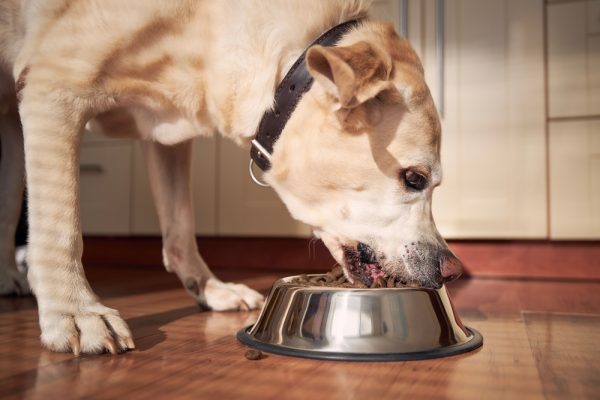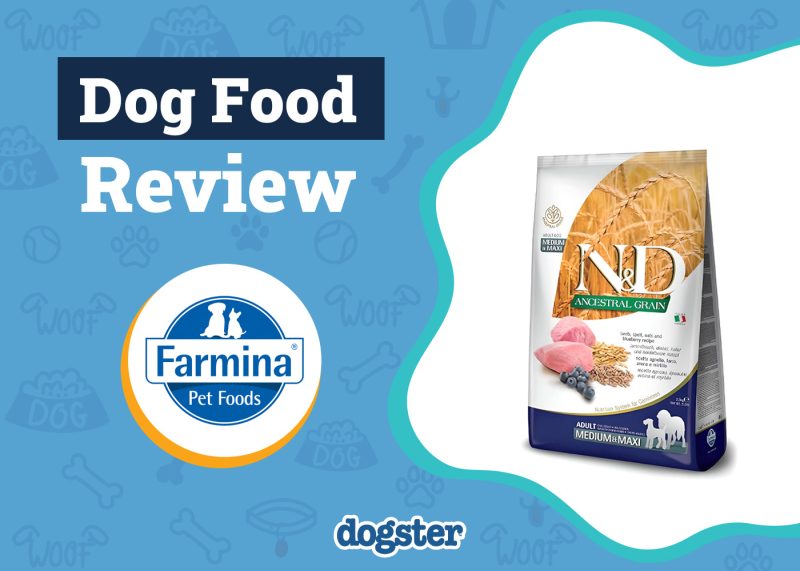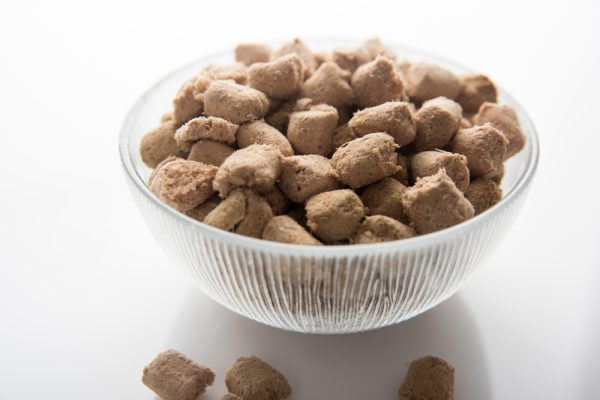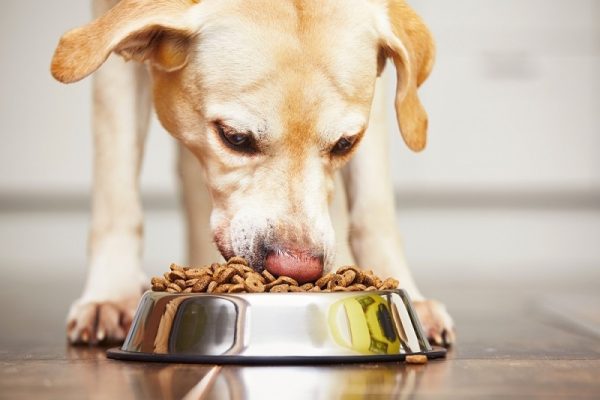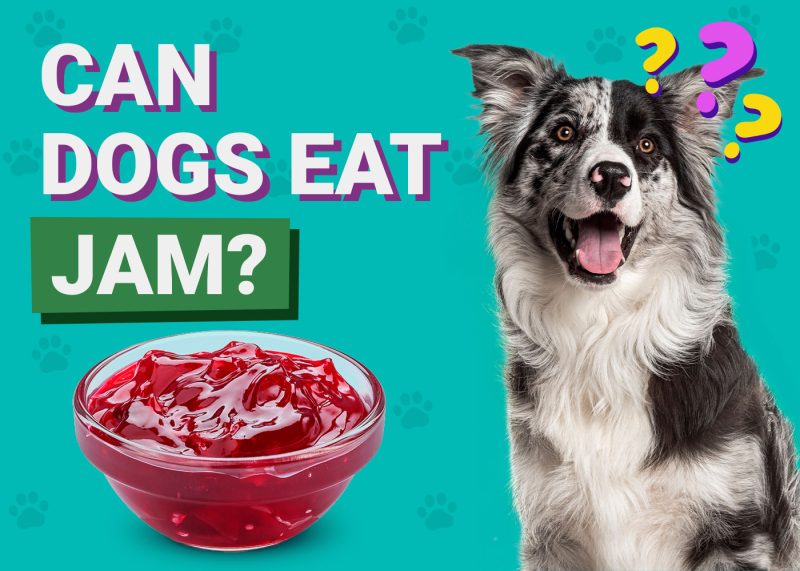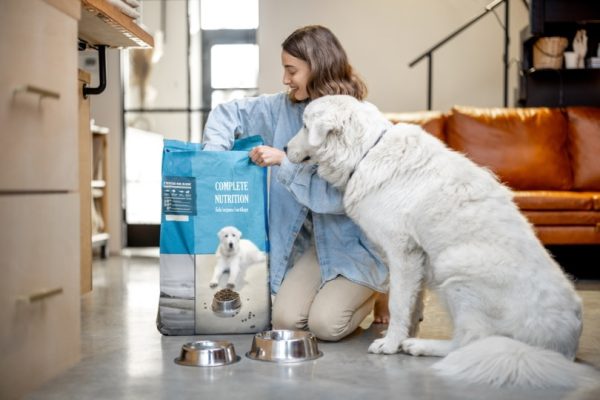When the weather outside begins to warm, bugs begin to take over. According to where you live, dealing with insects in the summer can be a real hassle. One such bug that literally emerges from the ground in late spring to early summer is the June bug. For older generations, June bugs are a staple of summer. Running around outside chasing June bugs, laughing as they get stuck on your shirt or bump into your head as you’re playing is something many people remember. While kids may not play outside as much as they used to, June bugs are still around. Nowadays, it’s our dogs that seem to be the ones wanting to play with June bugs.
If you’re a dog owner who takes your dog out in the summertime, you’ve most likely seen them interact with June bugs. While it’s hilarious to see your dog jumping and snapping the air in hopes of catching one, when they actually succeed, a bit of worry begins to set in. Instead of playing the catch-and-release game, most dogs eat June bugs. What should you do when that happens? Are they dangerous? Luckily, June bugs aren’t poisonous to dogs and they don’t sting. However, you shouldn’t allow your dog to eat an entire field full of these warm-weather beetles. Let’s learn why playing with June bugs is okay, but overdoing things can be too much for your pooch.

What Are June Bugs?
The term June bug can refer to any of the 100 species of beetles flying around. You may also hear people call them May or June beetles. At the end of spring, as the summer approaches, June bugs begin to emerge from the ground, born from larvae laid the summer before. This is where the name comes from. It only takes 3 weeks for June bugs to grow into adults.
Like most beetles, June bugs are attracted to light. This is why they enjoy being near your street lights or porch lights when you’re enjoying a summer evening outdoors. Being that they are nocturnal, it’s usually later in the evening or around dusk that people, and dogs, come into contact with these insects. This is when June bugs prefer to come out and eat vegetation, sap, or decaying matter.
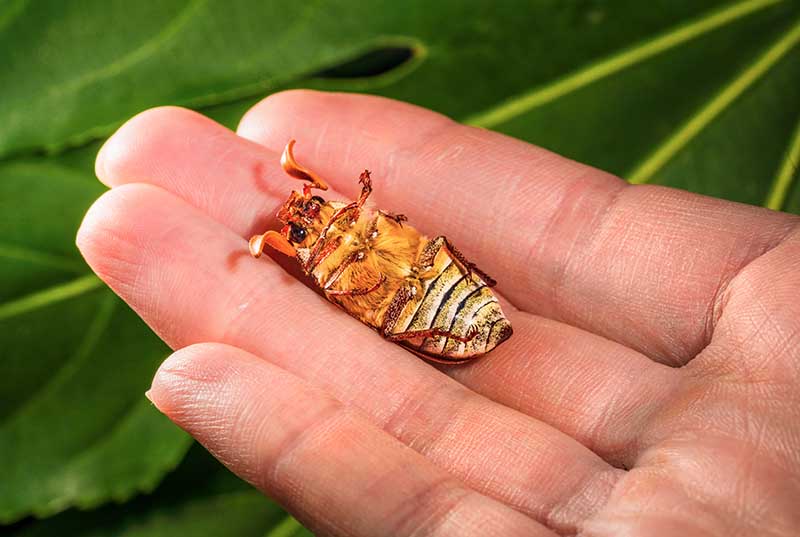
Dogs and June Bugs
During the summer months, it isn’t uncommon to find families outside around dusk, to enjoy a peaceful day without the excessive heat. This is when your dog is most likely to encounter June bugs. That doesn’t mean they may not be seen playing with them during the day. Dogs love to dig and run rampant when the weather is nice so stirring up a few June bugs is natural.
The part that leaves many dog owners worried is how dogs snap and try to catch June bugs. Especially, when they succeed. Luckily, June bugs aren’t toxic for dogs. They are also one of the few insects out there that don’t sting or bite. June bugs won’t leave your dog with a swollen mouth as catching bees will. To be honest, June bugs are similar to a crunchy snack for your pooch. It gives them a bit of protein, a good crunch, and the excitement of the chase.

The Dangers of Eating June Bugs
If your pooch can catch a June bug or two, there shouldn’t be any issues. However, if your dog is a real June bug butcher and can wrangle lots of these bugs during the summer months, there are a few things you should keep an eye out for. Let’s take a look at those below.
Scratchy Throat
It sounds gross, but the sticky legs of a June bug can get a bit stuck on the way down your dog’s throat. This can leave them with an itchy, scratchy throat. To help avoid this issue, if you notice the bug assault, offer your dog a little water to wash down their flying protein chip.
Indigestion
A June bug may offer your dog a bit of protein and a fun crunch, but they aren’t part of their normal diet. Indigestion or an upset stomach can occur, especially since dogs can’t digest June bug shells. This normally happens when a dog eats several June bugs and can bring forth a bit of vomiting and diarrhea. While the bit of stomach upset caused by too many June bugs is usually mild, if your dog is sick for a long period it can cause dehydration. If your pooch gets an upset tummy from gobbling June bugs, keep an eye on them and go to the veterinarian if they are unwell.
If you need to speak with a vet but can't get to one, head over to PangoVet. It's our online service where you can talk to a vet online and get the advice you need for your pet — all at an affordable price!
Parasites
Remember when we said June bugs eat decaying matter? This decaying matter can include animal feces. There are chances that inside this feces, June bugs may pick up parasites. When your dog eats one, it could possibly pick up one of these parasites as well. Although not likely, if you notice any issues, reach out to your veterinarian to make sure your dog isn’t suffering from a parasite.
Secondary Poisoning
June bugs can wreak havoc on lawns and gardens along with other insects. For this reason, many people use pesticides and insecticides around their lawns and gardens. Often, the burrowing June bugs also get coated with these chemicals. While it doesn’t happen often, dogs can receive secondary poisoning if they munch June bugs with these dangerous pesticides on them. If you suspect this could be a possibility, take your dog to the vet immediately and give any information you may have on the pesticide or insecticide used.

Final Thoughts on Dogs and June Bugs
Simply put, if your dog is a June bug fan, moderation is key. Don’t allow your dog to ingest lots of June bugs daily. If they happen to catch a couple here and there, you shouldn’t see any issues. However, if issues do arise that you feel are associated with June bug snacking, quickly take your dog to their veterinarian and explain the situation. This will give them a guideline on the issues your pooch may be facing so they can treat them properly.
See Also:
- My Dog Ate a Spider, What Should I Do?
- My Dog Ate a Dead Bird: Should I Be Worried? (Vet Answer)
- My Dog Ate a Bee & Got Stung: Our Vet Explains What to Do
